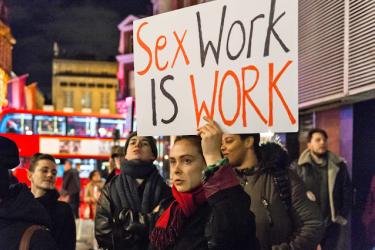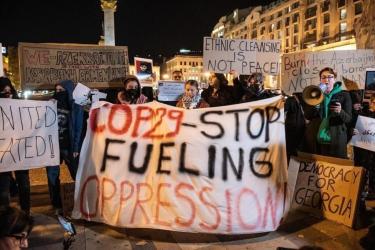feminism
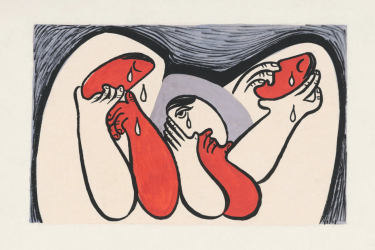
Struggle outside the workplace: Women in the vanguard
Jess Spear — The impact of today’s capitalism on working-class women is vital if we want to understand where struggles against this system have emerged, will continue to do so, and why.
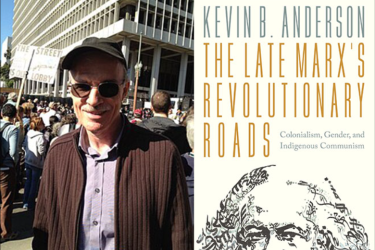
Late Marx on colonialism, gender and indigenous communism: An interview with Kevin Anderson
Kevin Anderson delves into Karl Marx’s final writings to unearth key ideas of critical importance for socialists today.
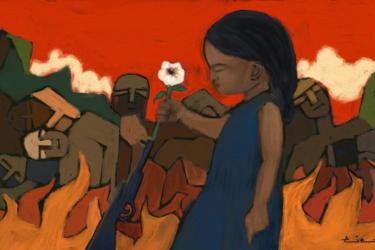
Ceasefire just first step to justice and peace: An urgent call by Indian and Pakistani feminists
Feminists from India and Pakistan call for immediate de-escalation, dialogue, and justice in the wake of renewed hostilities between the two nations.
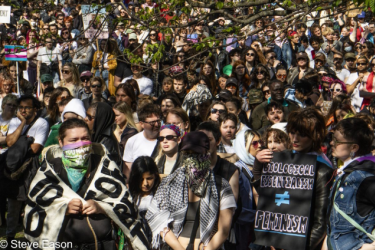
The British Supreme Court decision on gender and sex: When law becomes the means of oppression
DK Renton unpicks the legal background to the Supreme Court decision and argues for a strategy of mass action to turn back the tide of right wing authoritarianism.
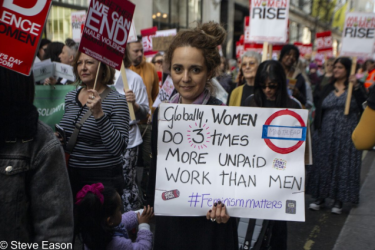
Valuing care work: A conversation with Alyssa Battistoni
Alyssa Battistoni discusses social reproduction theory and the Wages for Housework campaign to develop a new theory of the value of what is often called reproductive labour and the role of gender in the sector.
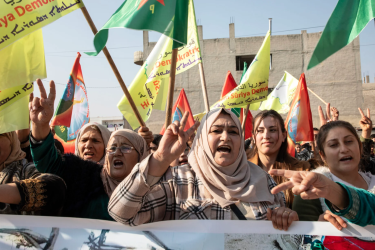
‘We will fight with all our strength’: As Islamists oust Assad, women’s struggle persists in Syria
Ronahi Hassan — Women in North and East Syria are continuing to fighting for their revolutionary social model, as a hope for Syria, the Middle East, and the world.
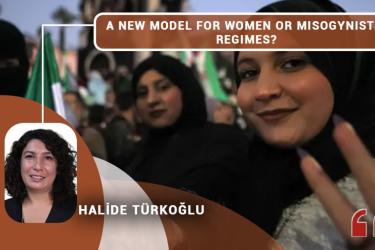
Syria: A new model for women or misogynistic regimes?
Halide Türkoğlu — As Syria transitions into a new phase of governance, the gains made by women under the Autonomous Administration of North and East Syria could offer a transformative model for democratic coexistence.

Syria’s ‘delayed revolution’: An interview with Asef Bayat
Asef Bayat — The recent developments in Syria represent a new form of political change, the characteristics of which we will better understand in the future. But there is no doubt that these events are part of the Arab Spring.

Postcard from a Venezuelan feminist in Caracas
Ariadna Mogollón — Venezuela is not the same country it was in 2017, or 2018 when there was a very intense economic crisis due to the blockade imposed by the US. There has been an economic recovery, but its a recovery that has deepened class divisions.
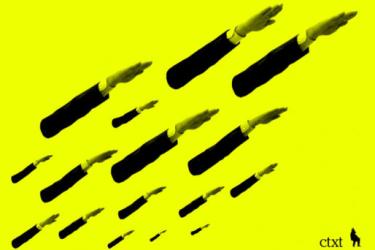
The far right: A reactionary backlash
Marga Ferré — The far right is a form of backlash against the energies with which we subalterns are starting to change the world. It reacts against not only the change that has taken place already, but also potential future change.
